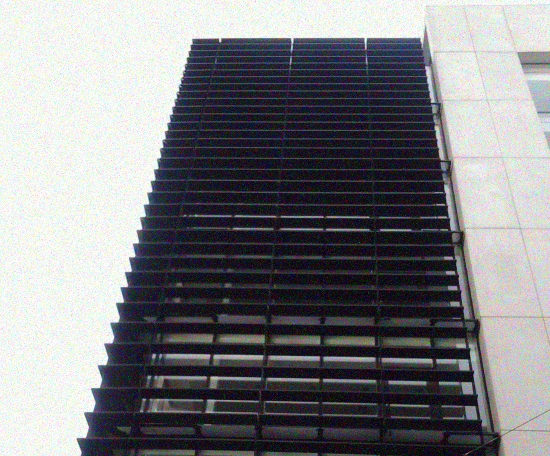The majority of commercial property companies are failing to integrate environmental and social issues into their businesses and reach even the lowest sustainability benchmarks, according to a new survey.

Although the report, commissioned by The Australian newspaper, concentrates on Australasian businesses it claims there are “useful lessons” for the entire sector regardless of location. The key areas it looked at included environmental impact, sustainability engagement, supply chains, gender equality, labour standards and community investment and while it found there were some strong industry leaders their actions were “dwarfed by the poor performance of the sector overall”.
On carbon emissions and energy efficiency the property sector as a whole is under-performing, says the report. Vast gaps were now opening up between areas like commercial offices, which were making significant efficiency savings, and other property sectors which were failing to implement even the basic eco-measures.
Because of a projected increase of energy use in commercial buildings, and the corresponding rise in carbon emissions, there is a need for more rigorous uptake of energy saving initiatives. Waste management, the survey claimed, was another area commonly overlooked compared with other environmental indicators.
The report also highlights problems associated with the non-transparency of supply chains, both in terms of environmental policy and labour standards. “Given the common reliance on outsourcing of core functions and servicing, as well as external procurement of materials supplied for property development, greater transparency is urgently needed in this area,” it says.
The report’s key findings and recommendations included:
The report paints a picture of a sector that ought to be doing more, given the huge impact that buildings have on the environment. It also points the finger at a construction and property industry that has failed to take on board many of the risks that it faces.
Previous Post
Manchester Science Park plans Expansion